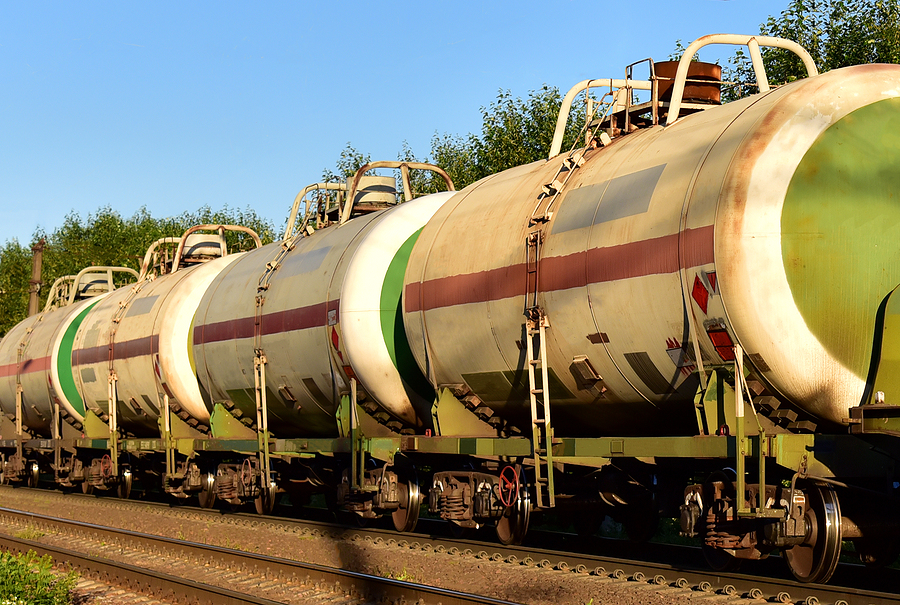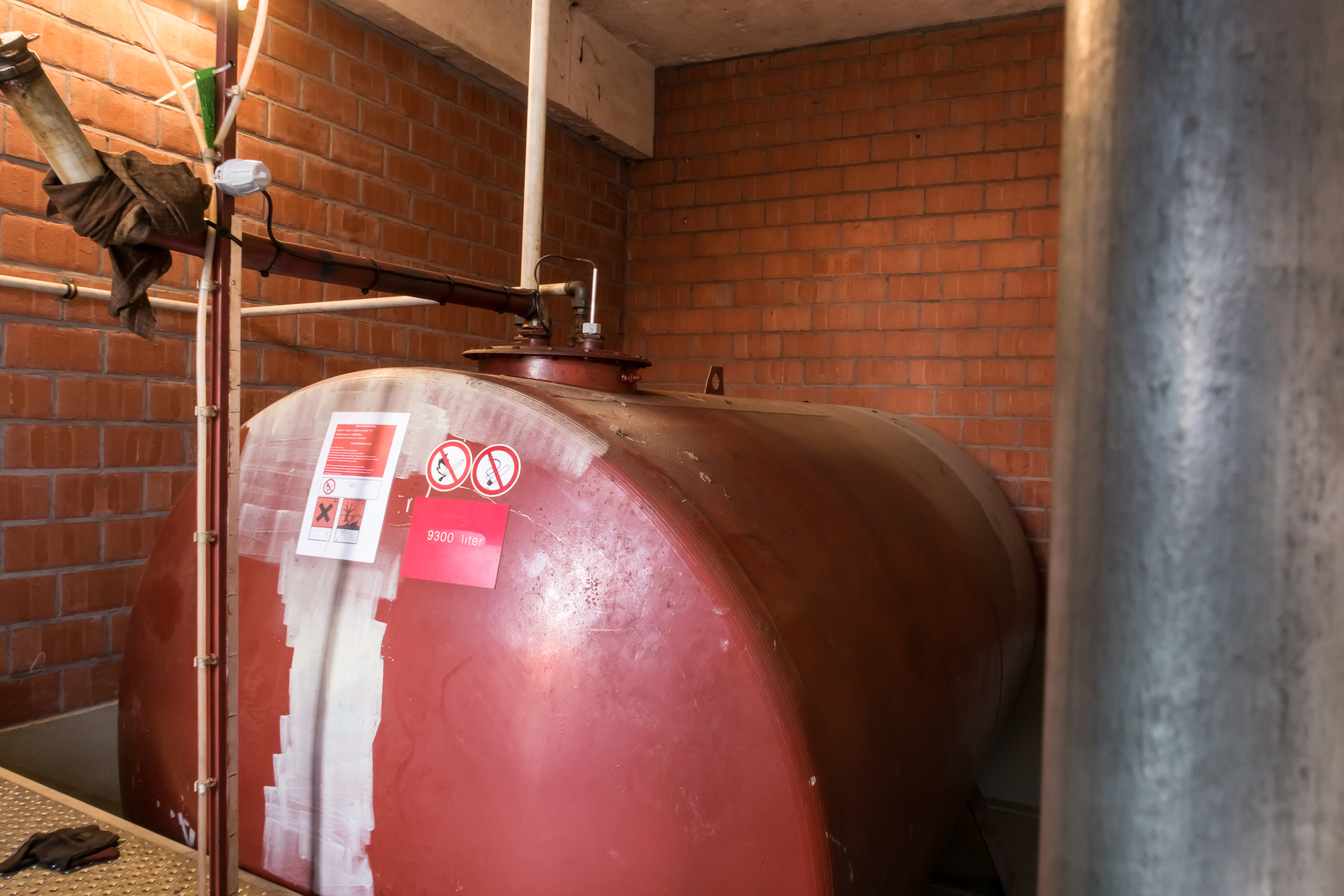
What Is Fuel Uplifting?
It’s important to make sure that you know what your responsibilities are if you have fuels or oil onsite, as you can run into legal issues if spillages occur and waste enters the natural environment – and this is where fuel uplifting services really come into their own.
Preventative inspections and testing of the fuel tanks and generators on your site is necessary in order to prevent problems from manifesting themselves and a site audit is a good first step to take in order to make sure everything is working as it should.
To help you dispose of waste oil and fuel, a team can come out to your place of business and assess the material to work out the best way to handle it. It may well be possible for the fuel to be recycled, which involves removing oil and residuals, cleaning it up so it can be used for another application, such as eco-friendly biodiesel or as a power source.
Under the hazardous substances regulations, it is considered a criminal offence to dispose of waste oil without using an approved provider, as it can be hazardous to both the environment and human health.
Fuel uplifting may also be necessary if the diesel in your generator has been left standing for a long period of time and has turned into an unpleasant toxic sludge. This can clog your fuel lines and stop machinery from working, so it’s important to keep on top of this and call out professional services to clear it if necessary.
Regular testing, monitoring and cleaning of your tanks can help ensure that you minimise waste and won’t have to replace the contents and equipment.









